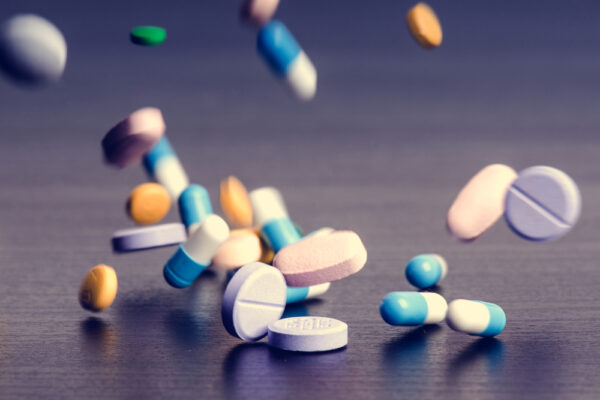In December 2006, a city-wide mandate ordered New York City restaurants to begin phasing trans fats out of the foods they serve. In November 2008, the mandate turned into a full city-wide ban on restaurant trans fats. Today, reports show that the ban has been overwhelmingly successful, with the use of trans fats in restaurant food declining from 50% to less than 2%. Best of all, New Yorkers don’t miss them. Instead, the food is healthier and tastes better.
This is terrific news for the health of all New Yorkers, as well as anyone else who decides to jump on the no-trans-fat bandwagon. Trans fats, or vegetable fats artificially saturated by industrial machinery that adds hydrogen atoms onto their molecular structure, making them more solid and extending their shelf life relatively indefinitely, are about the worst thing a person can consume on a regular basis. Not only do trans fats grossly elevate a person’s risk of coronary heart disease by increasing “bad” and decreasing “good” cholesterol (one New England Journal of Medicine study estimated that between 30,000 and 100,000 heart attack deaths in the US are caused by trans fats), they play a suspected role in the ever-increasing prevalence of obesity, diabetes, and Alzheimer’s Disease in the United States.
Lest you think you don’t have to worry about all this because you never eat any trans fats, please be aware that anything listing partially hydrogenated oils of any kind in the ingredients (soybean is the standard) contains trans fats. Cookies, pies, cakes, breads, some chips, and many of the fried foods that you buy at the grocery store very often contain partially hydrogenated oils, or trans fats. If you can cut the amount of these fats in your diet to zero: excellent. The National Academy of Sciences has ruled that there is no such thing as a “safe” level of trans fat consumption, and no daily recommended amount exists.
Though in New Jersey, there has been a sensible mandatory trans fat reduction in public school lunches, the state doesn’t have a trans fat ban. In fact, when former senator Ellen Karcher proposed a trans fat ban in New Jersey restaurants, she immediately began receiving physical threats and hate mail so vicious it forced her staff to temporarily shut down her office. Note:
Ms. Karcher sought a ban on trans fats because, she said, she believes their consumption contributes to obesity-related illnesses. (New Jersey spent $2.3 billion on obesity-related illnesses in 2003, half of which was paid for by taxpayers through Medicare and Medicaid, according to a 2006 report by the State Department of Health and Senior Services.)
“They kept screaming that they wanted choice,” Ms. Karcher said in a recent phone interview. “Well, it’s not like you can walk into a restaurant and say, ‘Give me trans fats or non-trans fat.’ It’s not like ordering chocolate or vanilla.” -Stacey Stowe, The New York Times
The knee-jerk reaction to preserve “choice” and “freedom” at the cost of Americans’ health (and accordingly, the taxes and government spending we use to pay for those of us in poor health) is simply ludicrous when it comes to trans fats. There is no rational reason why anyone should feel that he or she has a fundamental right to choose lumps of slimy white fat produced in a factory using million-dollar equipment. This slimy fat is killing Americans, and we should get rid of it as an option altogether.













Comments for this article are closed.